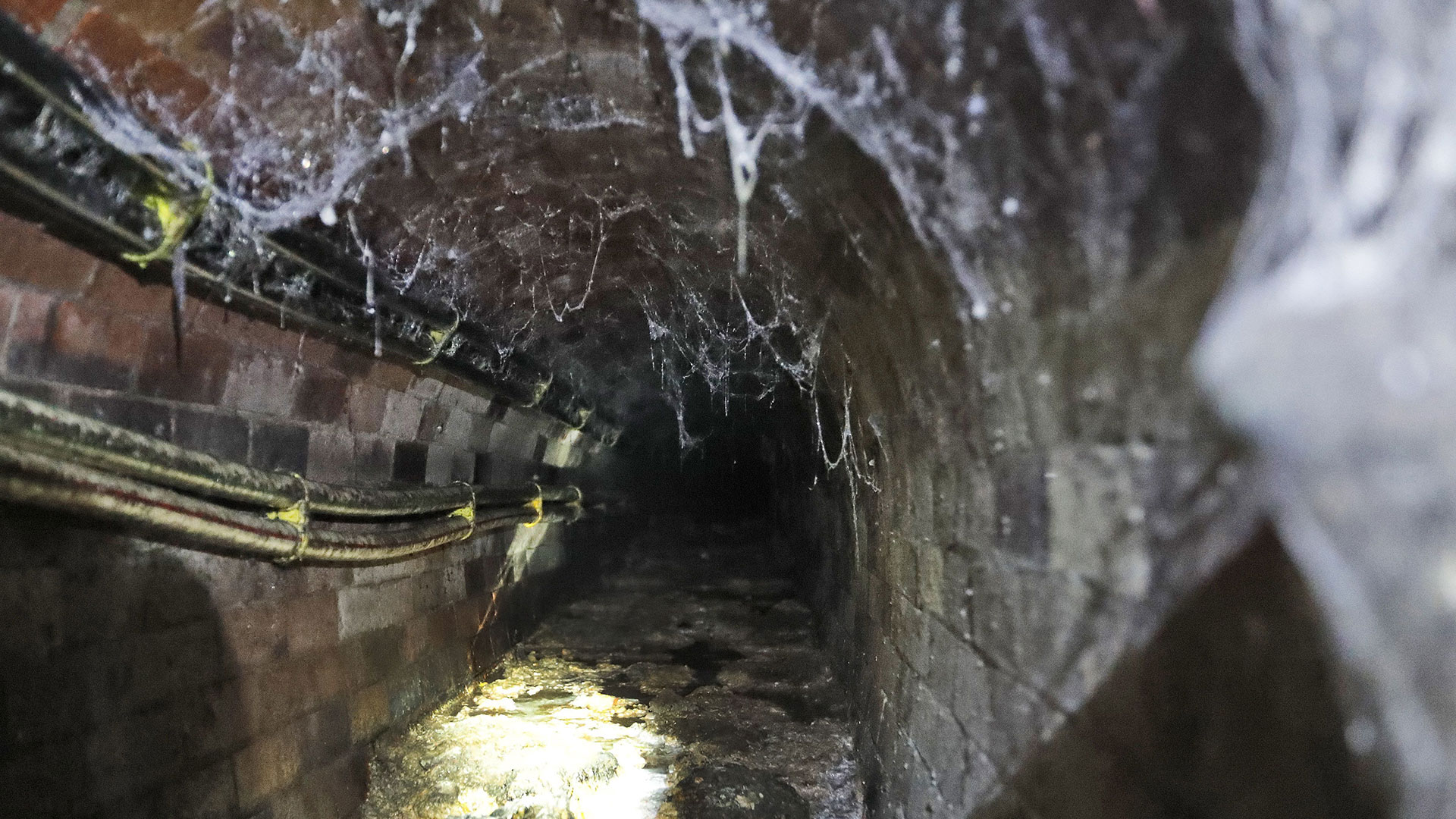Earlier this summer, researchers from the University of New South Wales and Ege University in Turkey, presented findings from their studies into the life-cycle of carbon. Recreating the process through which carbon forms in the outflows of stars, the team revealed that interstellar space is awash with space grease, a fine mist of grease-like molecules sweeping through the solar system on the stream of solar wind, which consists of up to half the carbon available in the galaxy. Calculating the amount of carbon in interstellar space inches us closer to understanding the origin of planetary systems and of life itself.
At the centre of life’s biggest story? Fat. That oily substance we love to hate, yet a material we share the most intimate of relationships with. Perhaps the iconic substance of our time, fat relates to life, health, energy, beauty, ecology and consumption. Fat performs a unique and vital function as an energy reserve, stored within the body for times of scarcity. Its very existence enables the possibility of exploiting an energy source beyond the moment of immediate contact with an energy source. Fat presumed the future. Fat presumed life.
Fat is profoundly important, but as social critic Susie Orbach famously remarked, fat today is not so much a description of size but a moral category tainted with criticism and contempt. In 2005 it was calculated that the global human biomass had reached 287 million metric tons, 15 million metric tonnes of this caused by an overweight global population. Last November, the 130-tonne ‘Monster of Whitechapel’ made headlines as it was wrestled from the bowels of east London. This ‘fatberg’, a congealed mass of fat, wet wipes and nappies, was reported to stretch the length of two football pitches, taking workmen armed with shovels and high-powered jets three weeks of around-the-clock effort to extract. What is fat if its ‘behaviour’ becomes so unpredictable, overtaking not only our bodies but our sewage systems? Do we truly understand this life-enabling substance, or do we require a fresh perspective?
For decades, fat, notably saturated fat, has been demonised as the antithesis of a healthy lifestyle, culpable for maladies such as obesity, heart disease and diabetes. Contemporary research leans toward debunking this, with sugar replacing fat as public enemy number one. Still, mud (or in this case fat) sticks, which perhaps explains why when fat manifests itself as an oversized belly or impractical blockage of a sewer pipe we sit up and take notice. Perhaps this is simply a misunderstood material expressing itself. Seeing a sewer fatberg up-close, what catches the attention is not a rancid hulk of solidified grease, but the surprising evolutions of this substance, whether forming a spongy mattress atop the water, a limestone-like material that breaks apart in the hands, or a vibrant ecology colonised by unimaginable quantities of worms, flies and bacteria feasting on its rich nutrition. A substance transformed. A substance reborn.
Opinion goes that at one, miraculous moment in time, a cluster of fatty acids combined, trapping inside a minuscule drop of water, and most importantly a strand of DNA, to form a rudimentary cell – the container for life. So next time you throw the excess oil from your frying pan down the drain (not advised, by the way) spare a thought for fat, how it made you, me and all other living organisms in the universe possible.
Mike Thompson is the creative brains behind 3 Days of Fat is a ‘live’ art-science event at King’s College London’s Arcade at Bush House from October 10-12









